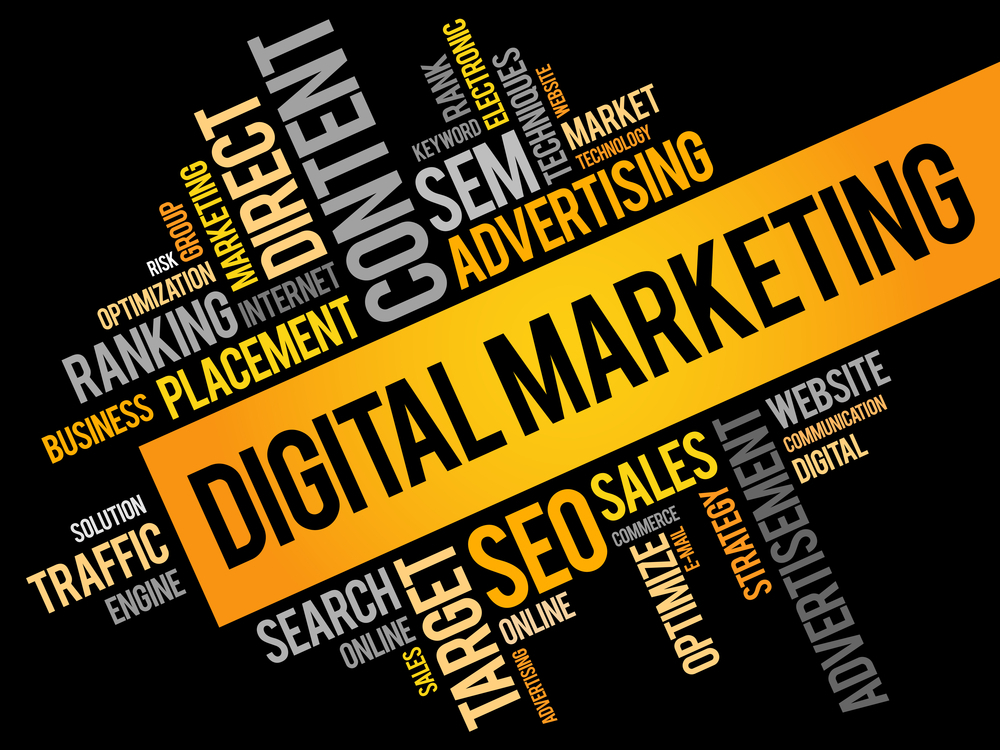
In today’s environment, marketing relies on digital channels, and people are getting service from a full-service digital marketing agency. Leveraging these digital platforms to advertise and sell items or services is known as digital marketing.
There are various sorts of digital marketing. We’ll go through six of the most prevalent in this article: SEO, social media, email, content marketing, pay-per-click (PPC), and affiliate marketing.
1. SEO (Search engine optimization)
SEO marketing is improving the visibility and ranking of a website or web page in search engine results pages (SERPs). It is a part of digital marketing that helps businesses promote their products and services online.
It can also improve the ranking of a website in paid search results, making it more likely to be found and clicked on by potential customers.
Advantages: Increase Traffic, Increased brand awareness and visibility, etc.
Disadvantage: Time Consuming, may not be effective, etc.
2. SMM (Social Media Marketing)
Social media marketing uses online platforms like Facebook, Twitter, and LinkedIn to build relationships and interact with potential and current customers.
Businesses can attract attention and generate leads by creating and sharing engaging content. Social media marketing can achieve a variety of marketing goals, such as increasing brand awareness, building relationships, and driving sales.
Advantage: Reach a large number of people, low cost it takes, etc.
Disadvantage: Time-consuming, no guarantee of success.
3. EM (Email Marketing)
Email marketing is a form of digital marketing that uses email to promote commercial or fundraising messages to an audience. However, the term is usually used to refer to (1) Sending
emails to enhance a dealer’s bond with its current or previous customers, and (2) Sending emails to acquire new customers or convince current customers to purchase something immediately.
Advantage: Extremely effective in reaching your customers, low cost, etc.
Disadvantage: it can be easy to ignore or delete the email. Your messages get caught in spam filters, etc.
4. CM (Content Marketing)
Content marketing is a political marketing approach focused on distributing and creating valuable, relevant, and consistent content to enchant and retain a clearly-defined audience — and, ultimately, to drive profitable customer action.
Content marketing goals are to attract and retain customers by consistently creating and curating relevant and valuable content to change or enhance consumer behavior.
Advantage: It can help you build trust with your audience and helps you drive traffic and leads to your website or blog.
Disadvantage: Time-consuming, no guarantee that your content will be successful.
5. PPCM (Pay Per Click Marketing)
Pay-per-click marketing is one kind of online advertising where businesses can pay to have their ads displayed on search engine results pages. When a user-id clicks on one of these ads, the business will pay a small fee to the search engine.
Advantage: PPC ads are highly targeted, you can control your budget, etc.
Disadvantages: Time Consuming, Risk of fraud, etc.
6. AM (Affiliate Marketing)
Affiliate marketing is one kind of performance-dependent marketing in which a business gives prizes to one or more affiliate marketers for every visitor brought about by the affiliate’s own marketing efforts.
Affiliate marketing is one of the oldest forms of marketing, and the internet has made it possible for brands to reach a larger audience than ever before.
Advantage: Buildability to reach a global audience has the potential to earn your passive income.
Disadvantage: You can be perceived as a spammer, and it is difficult to build up a good reputation.
If you want to grow your future as a digital marketer, learn it from full- a service digital marketing agency.


